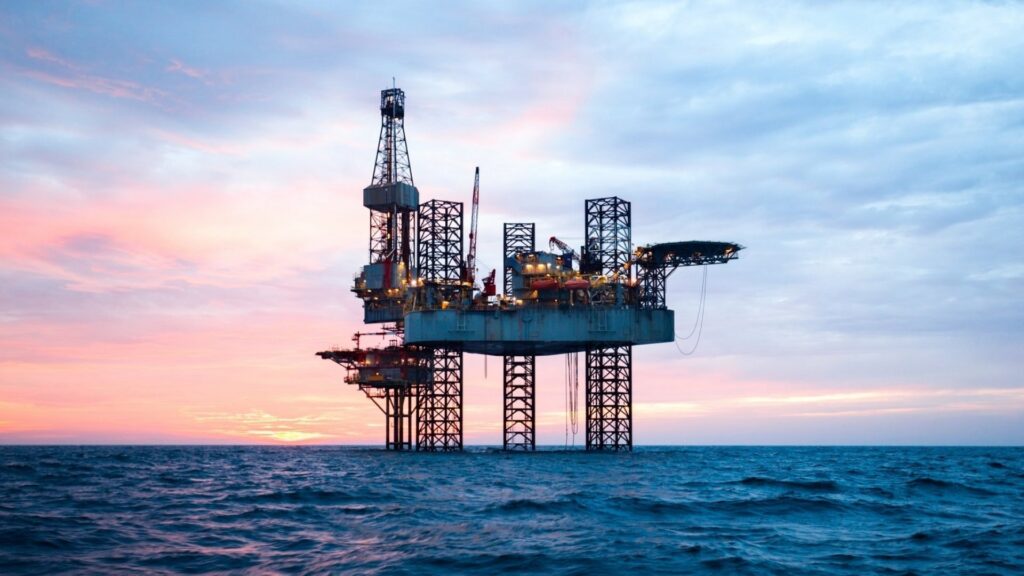The African Economic Outlook 2022 (AEO), released by the African Development Bank in May, shaved 2.4% off projected African GDP. This comes after the first continental recession in over half a decade, as the pain wrought by the Covid-19 pandemic is intensified by the economic fallout from Russia’s invasion of Ukraine.
The AEO also counted 131 climate-related extreme weather events in the past two years. Climate change is hitting Africa harder and earlier than anywhere else on earth, with the estimated impact of a high-warming scenario translating into a 15% reduction in continental GDP per capita by 2050.
Africa is desperately searching for ways to combat these twin threats, with fossil fuels – particularly so-called “transition” fuels such as natural gas – expected to do much of the heavy lifting. Analysts are looking to Cop27, to be held in Egypt in November, as the moment when a powerful coterie of African voices will put their collective weight behind a push for expanded oil and gas production on the continent.
From an environmental perspective, the case against fossil fuels is indisputable. Scores of analyses show that production from already-licensed oil and gas fields – to say nothing of any future exploration – will release carbon emissions well beyond what is compatible with the 1.5 degree ceiling enshrined in the Paris Agreement. From an energy systems perspective too, it is strengthening quickly.
If the environmental imperative to abandon fossil fuels is so strong, and they are becoming less technically necessary, what is the development rationale for a fossil fuel free-for-all? From a development perspective, the case rests on two key channels

